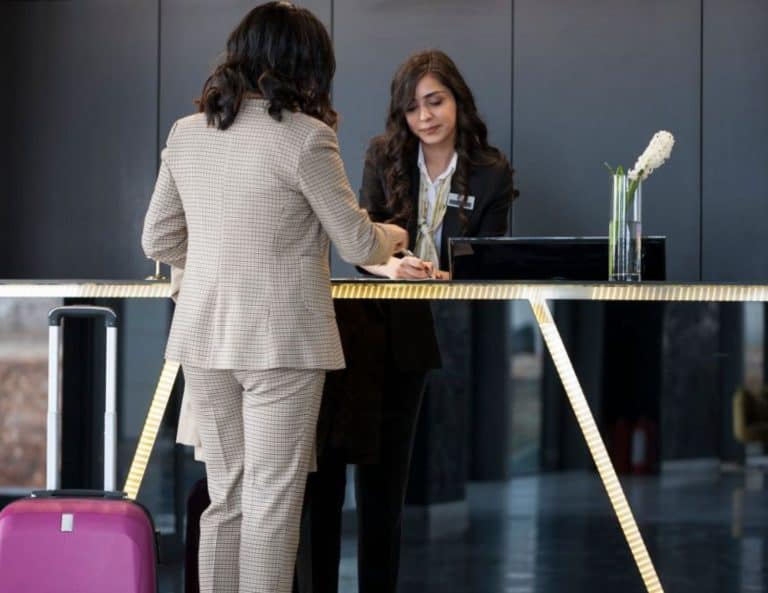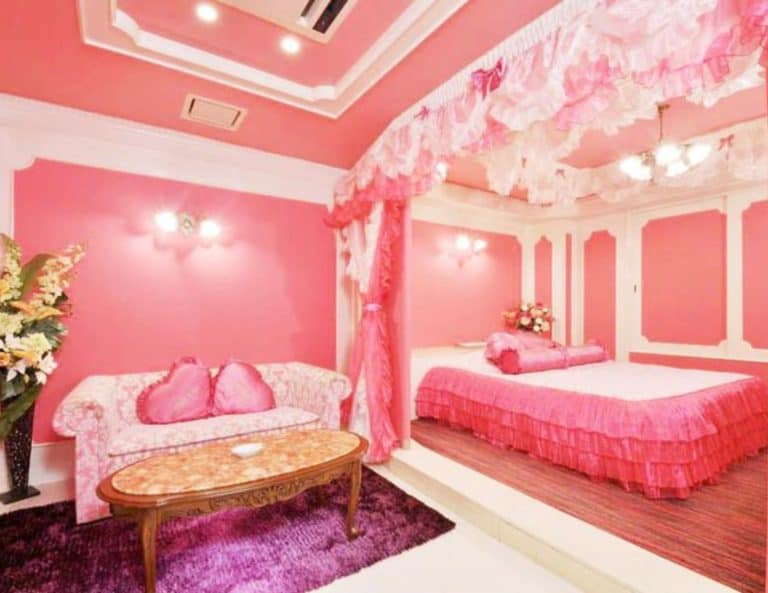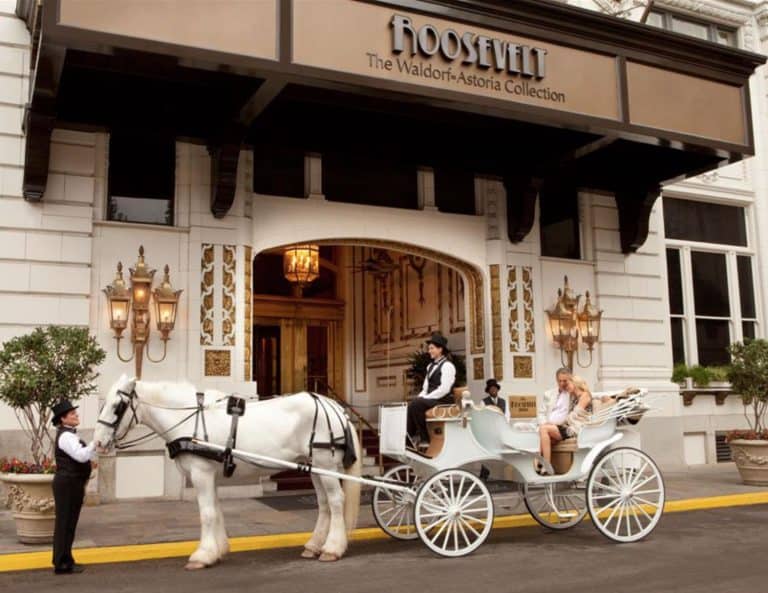Planning a trip and wondering what you need to get a hotel room?
If you’re short on time, here’s a quick answer to your question: Booking a hotel room typically requires a valid ID, a credit card, and sometimes a deposit.
In this article, we will explore the essential requirements for booking a hotel room and provide some additional tips to ensure a smooth and hassle-free check-in process.
Valid ID
When you check into a hotel, one of the primary requirements is to present a valid identification document. This is done to ensure the security and safety of both the guests and the hotel staff. So, what types of identification are considered acceptable?
Types of acceptable identification
The most common form of identification that hotels accept is a government-issued photo ID, such as a driver’s license or passport. These documents provide proof of your identity and are widely recognized as valid forms of identification. Some hotels may also accept other forms of identification, such as military IDs or state identification cards. It’s always a good idea to check with the specific hotel beforehand to confirm which types of identification they accept.
Age restrictions
Hotels typically have age restrictions in place to ensure the safety and comfort of all guests. The minimum age requirement to book a hotel room varies from one establishment to another. In most cases, you must be at least 18 years old to reserve a room. However, some hotels may have a higher age requirement, such as 21 years old. It’s important to check the hotel’s policy regarding age restrictions before making a reservation, especially if you are a young traveler.
International travelers
If you are an international traveler, it’s essential to have a valid passport with you when checking into a hotel. This is because hotels need to verify your identity and nationality. Additionally, some countries may require visitors to present additional documentation, such as a visa or entry permit. It’s crucial to research the specific requirements of the country you are visiting and ensure your travel documents are in order before your trip. Websites like travel.state.gov provide comprehensive information on passport applications and travel requirements for different countries.
Credit Card
When it comes to booking a hotel room, one of the most important things you need is a credit card. Most hotels require a valid credit card to secure a reservation and provide a guarantee for incidentals during your stay. But why is a credit card necessary?
Why hotels require a credit card
Hotels require a credit card for several reasons. Firstly, it allows them to verify your identity and ensure that you are the person who made the reservation. Additionally, a credit card provides a guarantee for the hotel in case of any damages or unpaid charges during your stay. It also serves as a security measure for the hotel, as they can charge a penalty fee if you cancel your reservation without sufficient notice.
Moreover, hotels often use your credit card to authorize a certain amount as a security deposit. This amount is typically released back to your card upon check-out, assuming there are no additional charges or damages. This helps protect the hotel from potential losses and ensures that guests are financially responsible during their stay.
Debit cards and cash payments
While credit cards are the preferred method of payment for most hotels, some establishments may accept debit cards or cash payments. However, it’s important to note that using a debit card or paying in cash may come with certain restrictions or requirements.
When using a debit card, the hotel may place a hold on a certain amount in your account, similar to a credit card’s security deposit. This hold can tie up funds in your account, so it’s crucial to have sufficient funds available. Additionally, some hotels may require a higher security deposit when using a debit card as compared to a credit card.
Paying in cash may also be an option at some hotels, but it’s less common. In such cases, the hotel may require a larger upfront payment or a significant cash deposit to cover any incidentals or damages. It’s advisable to check with the hotel in advance if you plan on paying with cash.
Prepaid and gift cards
In certain situations, you may be able to use a prepaid card or a gift card to secure a hotel reservation. However, it’s essential to check with the hotel beforehand, as their policies may vary.
Prepaid cards, such as those issued by Visa or Mastercard, can often be used to make hotel reservations. However, the hotel may still require a credit card for incidentals and security purposes. Gift cards, on the other hand, are typically accepted for payment at hotels, but they may have restrictions on their use, such as expiration dates or limitations on the amount that can be applied to a reservation.
It’s always best to contact the hotel directly or visit their website to understand their payment policies and requirements. This will ensure a smooth and hassle-free experience when booking your hotel room.
Deposit
When booking a hotel room, one of the requirements you may come across is the need to make a deposit. But what exactly is a deposit and why is it necessary?
Purpose of a deposit
A deposit is a sum of money that you pay upfront to secure your hotel reservation. It serves as a guarantee for the hotel that you will show up for your stay. The purpose of a deposit is to protect the hotel against last-minute cancellations and no-shows, as these can result in financial losses for the establishment.
By requiring a deposit, hotels can ensure that their rooms are occupied and that they won’t lose revenue due to empty rooms. It also helps them manage their inventory more effectively.
Refundable vs non-refundable deposits
Deposits can be either refundable or non-refundable, depending on the hotel’s policy. Refundable deposits are typically returned to the guest if they show up for their reservation or cancel within a specified time frame. Non-refundable deposits, on the other hand, are not returned regardless of whether the guest shows up or cancels.
Refundable deposits provide guests with more flexibility in case their plans change, but they may come with certain conditions and deadlines for cancellation. It’s important to carefully read the hotel’s terms and conditions before making a reservation to understand the deposit policy.
Alternatives to a deposit
In some cases, hotels may offer alternatives to a traditional deposit. These alternatives could include pre-authorization of a credit card, where the hotel temporarily holds a certain amount on the card but doesn’t actually charge it unless there are damages or other charges incurred during the stay.
Another alternative is the use of third-party booking platforms that allow guests to reserve a room without requiring a deposit upfront. However, it’s important to note that these platforms may have their own terms and conditions, so it’s still essential to review them carefully.
Ultimately, the specific requirements for getting a hotel room, including the need for a deposit, can vary from hotel to hotel. It’s always a good idea to check with the hotel directly or visit their official website for the most accurate and up-to-date information.
Additional Tips
Making a reservation
When making a hotel reservation, there are a few additional tips that can help ensure a smooth process. Firstly, it is recommended to book your room well in advance, especially during peak travel seasons. This will help you secure the room of your choice and potentially save money. Additionally, consider booking directly through the hotel’s website or by calling their reservation line, as they may offer exclusive deals or perks that third-party booking sites don’t have.
Another tip is to be flexible with your travel dates. If you have the flexibility to adjust your travel plans by a day or two, you may be able to take advantage of lower rates or special promotions. Lastly, always double-check the reservation details before finalizing your booking. Ensure that the dates, room type, and number of guests are accurate to avoid any confusion upon arrival.
Checking hotel policies
Before you arrive at your hotel, it’s a good idea to familiarize yourself with their policies. One key policy to look for is the cancellation policy. This will outline the terms and conditions for canceling or modifying your reservation without incurring any fees. Some hotels may have strict cancellation policies, while others may offer more flexibility.
Additionally, check if the hotel has any specific policies regarding check-in and check-out times. This information is important to ensure a smooth arrival and departure process. If you anticipate arriving early or departing late, it’s worth contacting the hotel in advance to see if they can accommodate your request.
Lastly, if you have any specific requirements or preferences, such as a non-smoking room, a pet-friendly accommodation, or accessibility features, make sure to communicate these to the hotel in advance. Most hotels are willing to accommodate such requests, but it’s always best to notify them ahead of time to guarantee availability.
Special requests and accommodations
If you have any special requests or require specific accommodations during your hotel stay, it’s important to communicate these to the hotel in advance. This could include requests for a crib or extra bed, dietary restrictions for in-room dining, or any other unique needs you may have.
When making these requests, be polite and concise in your communication. Clearly state your needs and provide any necessary details to help the hotel staff fulfill your request. Remember, hotels strive to provide excellent customer service, so they will likely do their best to accommodate your needs within their capabilities.
However, it’s also important to manage your expectations. While hotels will make every effort to fulfill your requests, there may be certain limitations or circumstances that prevent them from doing so. In such cases, be understanding and open to alternative solutions that the hotel may offer.
For more information on hotel policies and special accommodations, you can visit reputable travel websites such as booking.com or tripadvisor.com. These platforms provide user reviews and detailed information about various hotels, including policies and amenities, which can help you make an informed decision before booking your stay.
Conclusion
Booking a hotel room is an integral part of travel planning.
By ensuring you have a valid ID, a credit card, and understanding the deposit requirements, you can have a seamless experience when checking in.
Remember to always check the specific policies of your chosen hotel and make any necessary reservations in advance to guarantee a comfortable stay.
Now that you know what you need to get a hotel room, you’re ready to embark on your next adventure with confidence!






